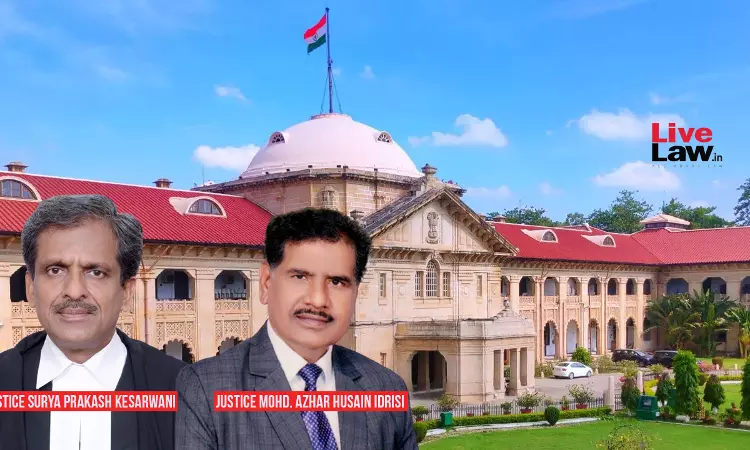'Muslim Women Act' 1986| Divorced Muslim Wife Entitled To Maintenance Beyond Iddat Period, Until She Re-Marries: Allahabad HC
Sparsh Upadhyay
5 Jan 2023 1:01 PM IST

Next Story
5 Jan 2023 1:01 PM IST
The Allahabad High Court has observed that as per Section 3 of the Muslim Women (Protection of Rights on Divorce) Act, 1986, a divorced Muslim woman is entitled to receive maintenance from her former husband not just till the completion of the ‘Iddat’ period, but for the rest of her life until she remarries.The bench of Justice Surya Prakash Kesarwani and Justice Mohd. Azhar Husain...
